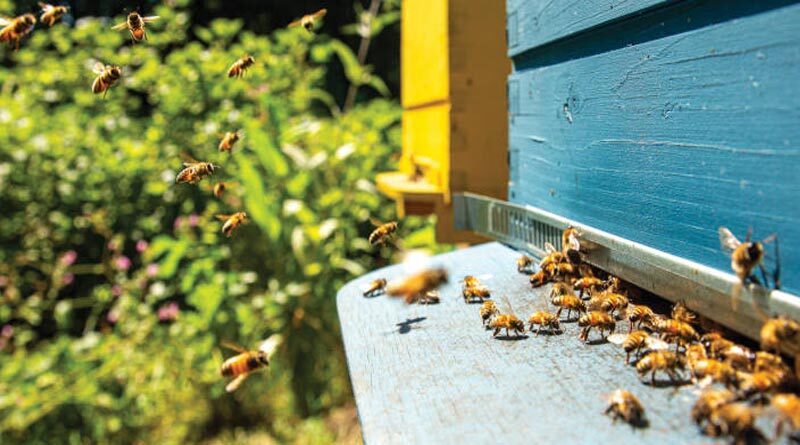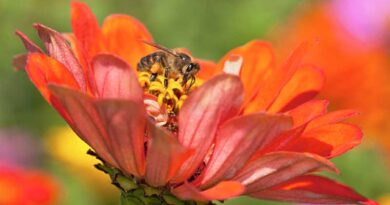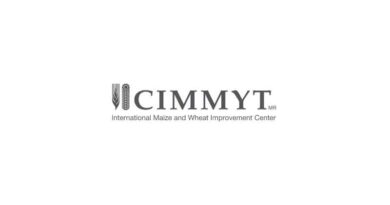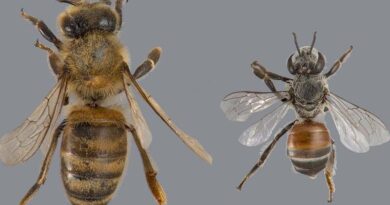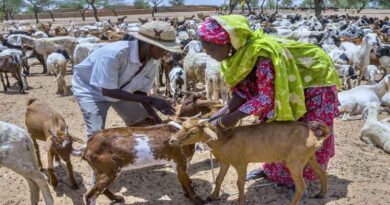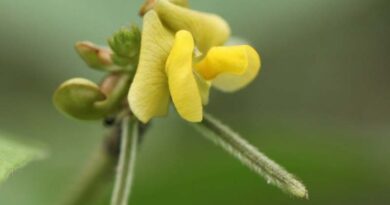Beekeeping sector: results of the pilot study on honey bee selection
16 March 2022, EU: The European Commission published on 15 March 2022 the results of the pilot study entitled “Restructuring of the honey bee chain and varroa resistance breeding and selection programme” financed by the EU. This project, the largest study on honey bee selection ever conducted in Europe, explored the possibilities for increasing the resistance of commercially available honey bees to the varroa mite by selective breeding. It also analysed ways to improve beekeepers’ access to resistant material. It finally demonstrated that selection on varroa tolerance can be efficient and detailed how breeding structures should be established. Its results will contribute to reducing the treatment of bees with chemical and pharmaceutical products.
The research took place between 2018 and 2021 and was conducted by a consortium (EurBeST) of scientists, beekeepers, breeder associations and apiculture experts from 11 EU countries.
Honey bees have been under huge stress for several years, due to intensification of agricultural practices as well as climatic changes and globalisation, which bring new diseases to bees. Amongst them is the parasitic mite Varroa destructor, which leads to the death of most infested colonies within a few months if no treatment is performed by beekeepers. Since its arrival in Europe in the late 1970’s, varroa infests most colonies and represents the most impacting pathogen threat for honey bees and the beekeeping industry worldwide.
The study showed that some bees are able to develop defences and survive mite infestation. As this ability can be transmitted to the next generation, it opened up the possibility for beekeepers to specifically select and breed for varroa-resistant bees. While selection works, it is costly. The study concludes that the success of breeding programmes would depend on their dimension and consistent development over several years, as well as on the level of funding provided.

